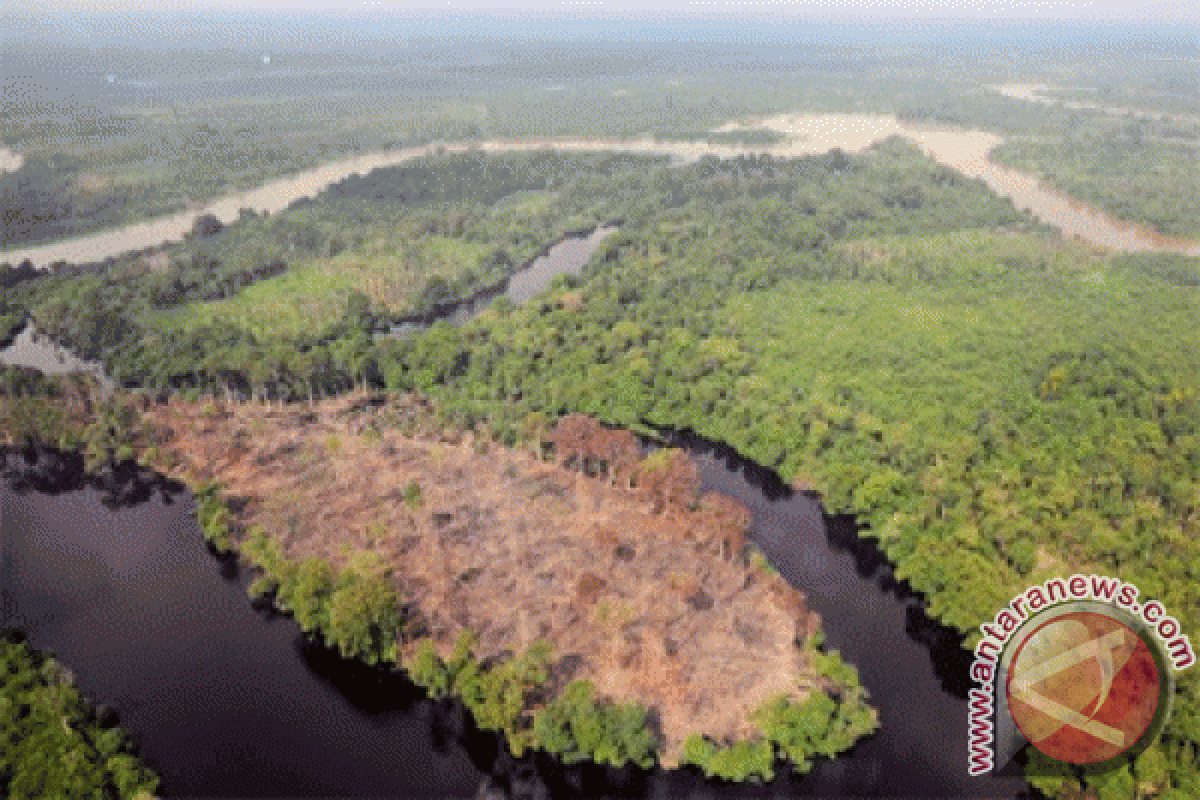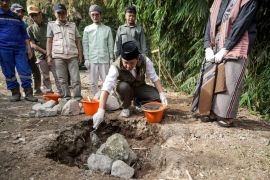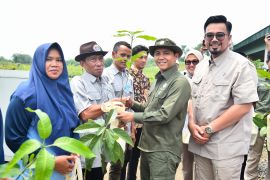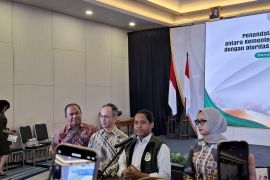"Indonesia should show data on damaged forest areas to prove that oil palm and rubber plantations do not degrade forest in Indonesia," Enny said in an interview to Antara here on Wednesday.
Enny made the suggestion in connection with the refusal of several major industrialized economies to include Indonesian crude palm oil and rubber commodities on the list of 54 eco-friendly goods.
Products which are included on the list will get import tariff reduction by 5 percent.
Enny said the government could show that the damaged forestry areas in Indonesia were not caused by CPO and rubber plantations, but by illegal logging activities.
"We have several ministries which are related to forest areas to prove to the international community that CPO plantations are located in the industrial forest areas, not in the conservation forest areas," Enny said.
Besides, the Indonesian government should boost the development of infrastructure in downstream areas to attract investor to grow business in the agro-based commodities sector.
"If Indonesian infrastructure facilities are well developed, investors will prioritize profit and develop businesses on the agro-based commodities sector," Enny said.
She also suggested the government improve its bureaucracy administration so the investors will not experience difficulties in doing business in Indonesia.
"The third effort that the government has to make to attract investors is making land available for industries in downstream region in order to enhance added values of commodities," Enny said.
Previously, the Asia-Pacific Economic Cooperation trade ministers` meeting in Surabaya, E Java last weekend failed to agree the inclusion of several additional products on the list of 54 environmental goods to get a five percent tariff reduction.
Although several representatives from developing countries are willing to discuss the issue, the USA delegates refused to discuss the inclusion of CPO and rubber commodities on the list.
(B019/A014)
Editor: Jafar M Sidik
Copyright © ANTARA 2013












